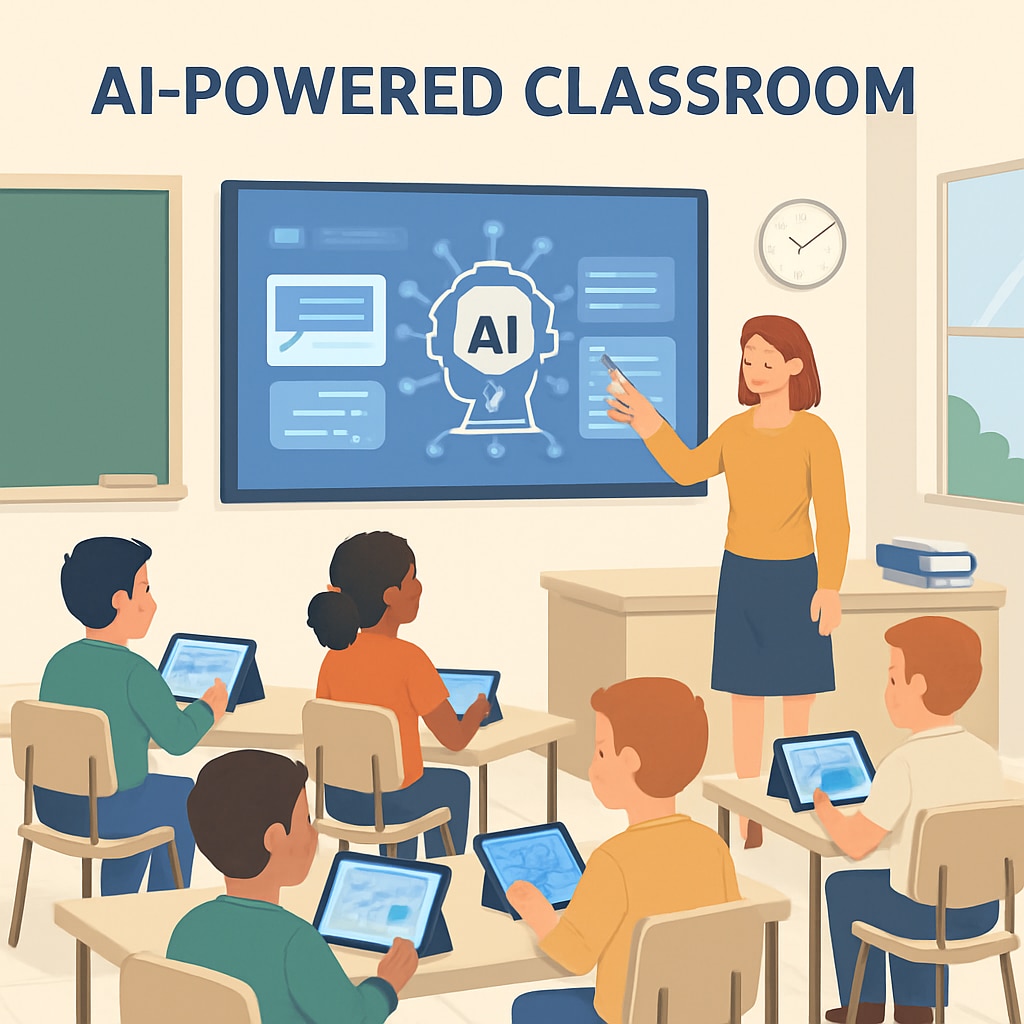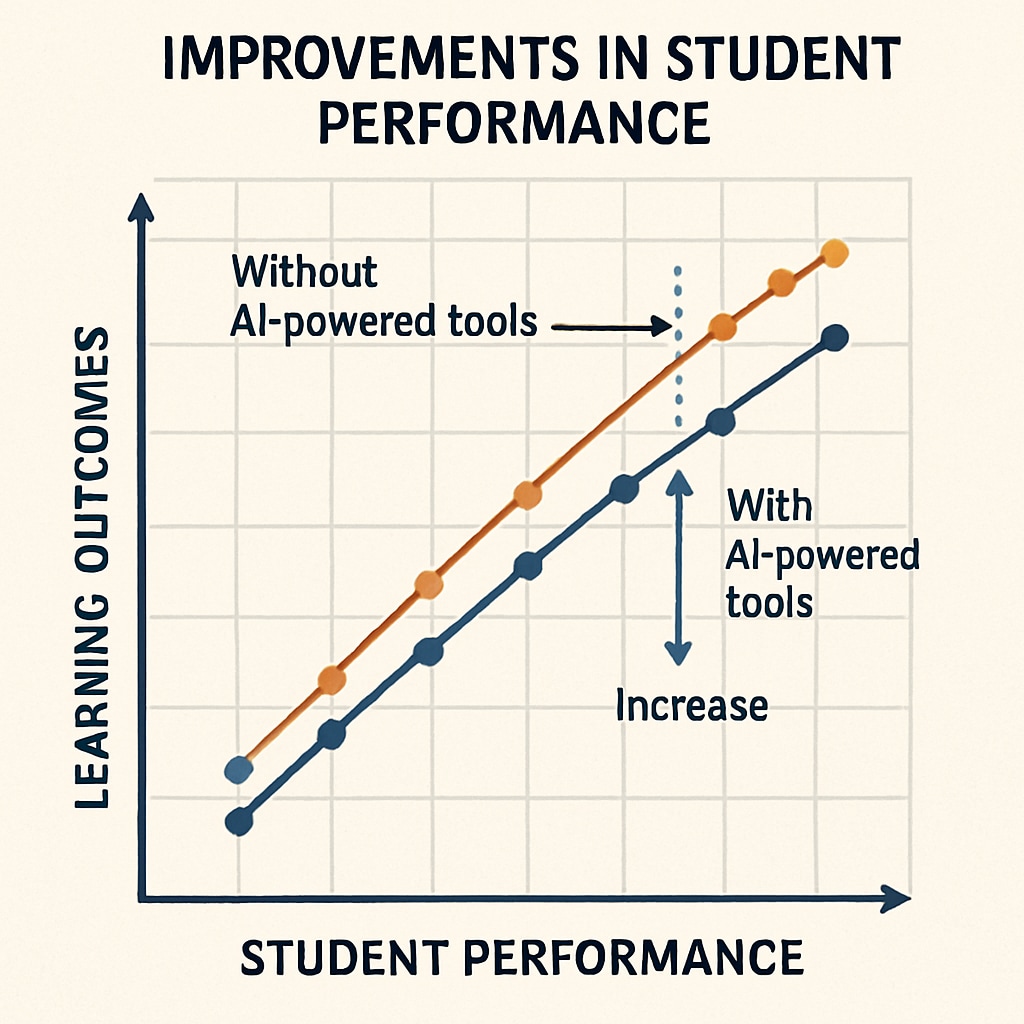Artificial intelligence in education is driving transformation and future trends in K12 learning globally. As AI technology continues to evolve, it is reshaping the educational landscape by introducing innovative solutions such as personalized learning platforms, adaptive teaching tools, and intelligent assessment systems. These advancements are redefining the way students learn and the way educators teach, creating significant global impacts on educational practices and outcomes.
How Artificial Intelligence is Redefining Learning Experiences
AI has introduced a new era of personalized learning, where educational content and pacing are tailored to individual needs. For example, AI-powered platforms like adaptive learning systems analyze student performance in real-time and adjust instructional materials accordingly. This ensures that each learner receives a customized experience, maximizing their potential.
- Adaptive Learning Platforms: Tools such as DreamBox and ALEKS use AI algorithms to provide personalized math and reading exercises.
- Virtual Tutors: AI-driven assistants offer on-demand support, answering questions and providing explanations tailored to individual learning styles.
- Language Learning Applications: Apps like Duolingo leverage AI to adapt language lessons to the user’s proficiency level.

The Role of AI in Smart Assessments and Teacher Support
AI is revolutionizing assessment methods by automating grading processes and providing deeper insights into student performance. These systems not only save time but also offer valuable data that can help educators identify areas where students require additional support. As a result, teachers can focus more on instruction and less on administrative tasks.
- Automated Grading: AI systems evaluate written assignments, quizzes, and exams with high accuracy.
- Performance Analytics: Platforms provide detailed reports on student progress, enabling data-driven teaching strategies.
- Teacher Assistance Tools: AI applications, such as lesson planning assistants, streamline the preparation process for educators.

Global Implications of AI in Education
Artificial intelligence is not only reshaping how education is delivered but also bridging gaps in global accessibility. In regions with limited educational resources, AI-powered platforms can provide affordable and scalable solutions. For example, online AI-driven programs have made quality education accessible to remote areas, helping reduce disparities in learning opportunities.
However, the widespread adoption of AI in education also raises ethical concerns, such as data privacy and the potential for algorithmic bias. It is essential for policymakers and educators to address these challenges to ensure equitable and responsible implementation.
Globally, the AI education market is expected to grow exponentially. According to Britannica, the AI-driven education sector is projected to reach billions of dollars by 2030, signifying its increasing role in shaping the future of learning.
Readability guidance: Use short paragraphs and lists to summarize key points; ensure smooth transitions between ideas; maintain active voice to enhance engagement.


